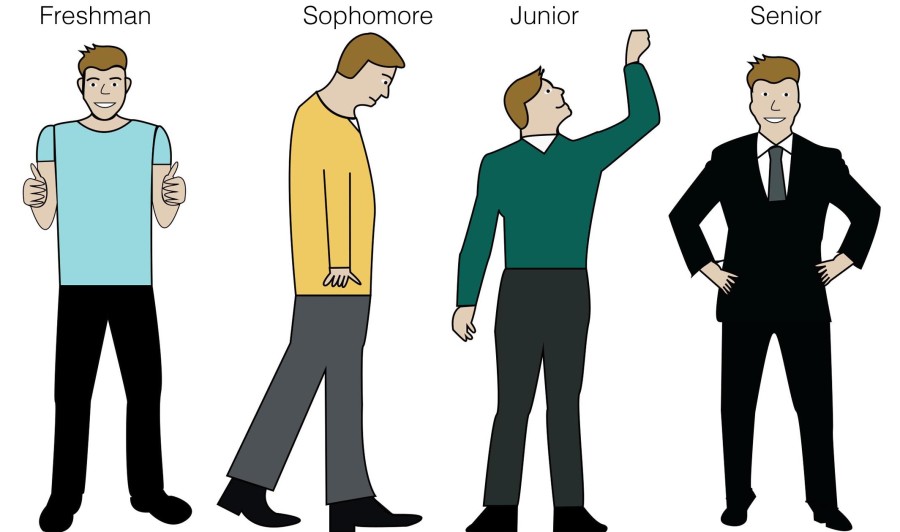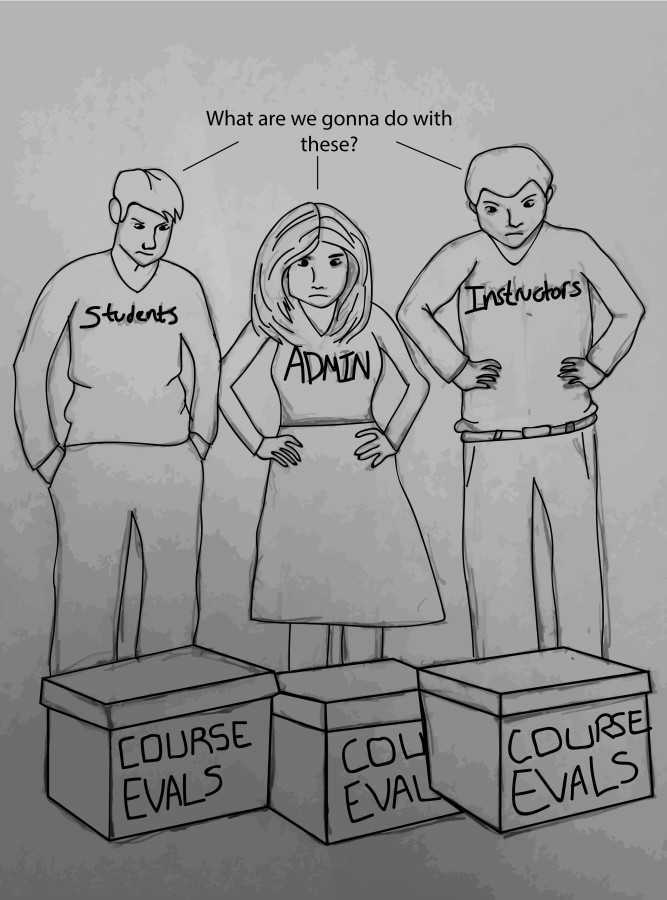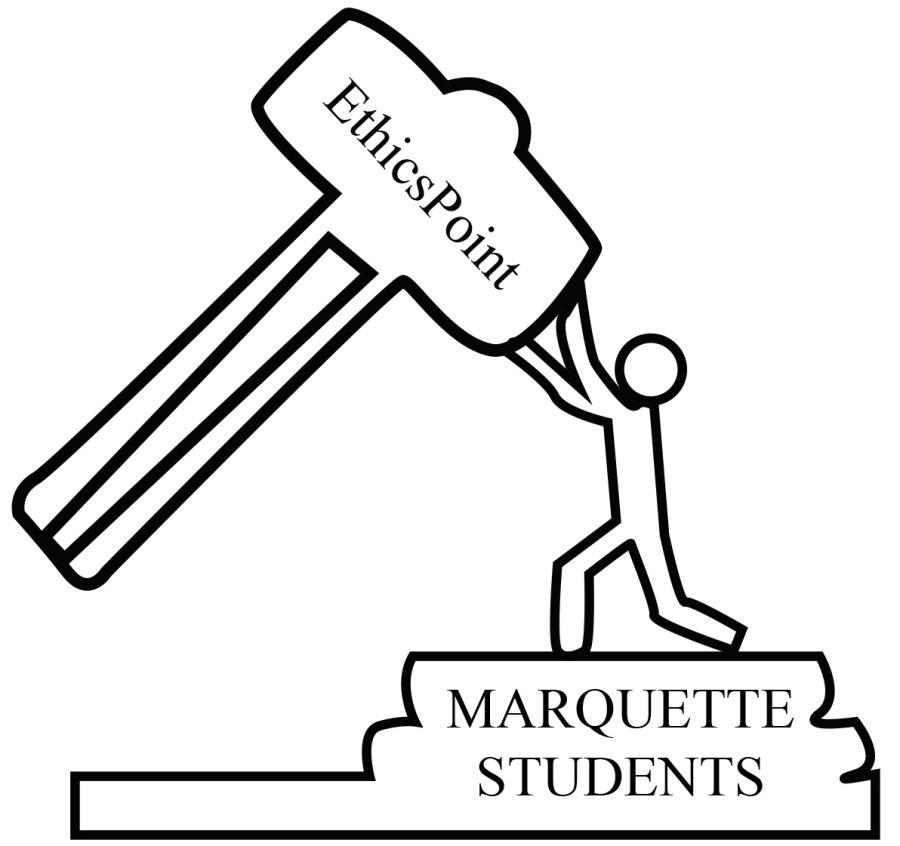Marquette administrators should follow through on Marquette Student Government’s recommendation to make the multiple choice portion of course evaluations public.
Each semester, students fill out course evaluations without receiving any feedback.
Students have few options for determining which professors to take, other than navigating the extreme comments of ratemyprofessors.com or hearsay from other students.
If Marquette made the quantitative information on the course evaluations public, students could have access to valid, comprehensive data, helping them choose the classes that will benefit them most.
MUSG already passed the “Granting Students Access to the Marquette Online Course Evaluations System” recommendation unanimously, which included the 15 multiple choice questions and two additional feedback questions. MUSG’s Academic Committee also plans to discuss plans with other professors.
They have suggested the recommendation to Provost John Pauly, who was unavailable as of press time. Tim Olsen, communication manager in the Office of Marketing and Communication, said Pauly is supportive and working toward the recommendation.
While support from Marquette administrators is important, a timeline needs to be established to move this suggestion along, so students can utilize it next year.
If the course evaluations go public, students need as much information as possible.
The number of students in the class and the number of responses should be accessible. Also, students would learn more if past evaluations were public — if the university can do this.
Gary Levy, associate vice provost for Institutional Research and Assessment, said in order to gain a real feel for a teacher, results must be studied long term to see if there’s a pattern. Many teachers can have an “off” class and one bad class may lead to an unsatisfactory evaluation, he said.
But for the most part, Levy said, the overwhelming majority of the faculty is doing “just fine,” and the outliers are a minority.
If course evaluations are made public, students can then express which teachers are “doing fine,” and which had an off semester.
Marquette took a step in the right direction by moving course evaluations from paper to online in fall 2008.
The university moved evaluations online because it’s greener — saving 40,000 sheets of paper per term.
It also cut the lag time before faculty receive results by eliminating the time used processing results when they were sent to the University of Washington to be scanned, studied and sent back, according to the Marquette Web site.
However, the university still fails to address the hole in this process: Students don’t receive feedback.
We support the university’s receptiveness. Now a timeline needs to be implemented to propel this recommendation, giving students their right to more information.





